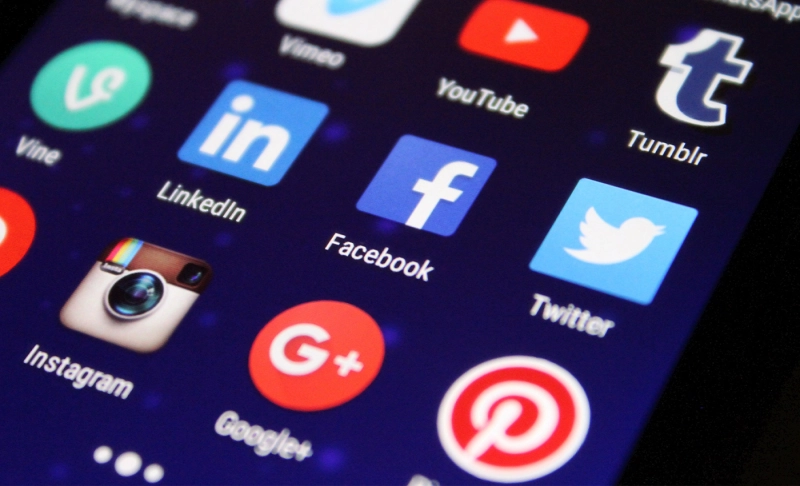By: Archana Naresh
June 21 2021

The Indian government has not issued any directives on banning these social media companies' operations in the country.
The Indian government has not issued any directives on banning these social media companies' operations in the country. The Indian government announced a fresh set of Information Technology (IT) rules for all social media platforms operating in the country on February 25, 2021. The government had also said that the new rules would come into effect three months after the notification. The new IT rules and guidelines have come into effect from May 26, 2021. Social media users started to speculate with the message that WhatsApp, Facebook, Instagram, and Twitter will be banned in India. However, none of these platforms have been banned by the Indian government, and dialogues with some of the social media giants are reportedly ongoing. As per the new guidelines, social media companies must hire a nodal officer and a grievance redressal officer to coordinate with the government whenever needed. The government also asked social media companies to be ensured that they can trace a message to the original sender (breaking the end-to-end encryption on messages). Reportedly, WhatsApp, Facebook, Instagram, and Twitter have still not complied with the IT rules. However, Facebook stated that it would comply with the guidelines, but only after additional discussion with the government. While WhatsApp has opposed moves that violate its end-to-end encryption, it has filed a case against the new guidelines in Delhi high court citing the right to privacy. The Intermediary Guidelines and Digital Media Ethics Code Rules, 2021, states that it protects social media companies and streaming services by making them intermediaries. Hence the intermediaries are in no way responsible for user content. But, the companies that do not comply would lose the protection that intermediaries get under the IT Act. Those media platforms can be dragged into court and prosecuted using the applicable laws. Therefore, companies that complied with the new IT rules would function with no interference from the government. But, that may be vice versa for those not comply with the new rule. Eventually, this does not mean that social media platforms not compiled with new IT guidelines would be banned in the country. Thus it can be concluded that social media companies that do not comply with the new rules will still be able to operate in India. At the same time, they might be denied the government protection given to intermediaries who comply with the new Digital Media Ethics Code Rules 2021. The government has not informed any of these social media companies about preventing them from operating in India. With a legal battle between WhatsApp and the Government of India ongoing, it is unclear what the courts will decide on the matter. More information on the proceedings related to the new guidelines will be updated soon.